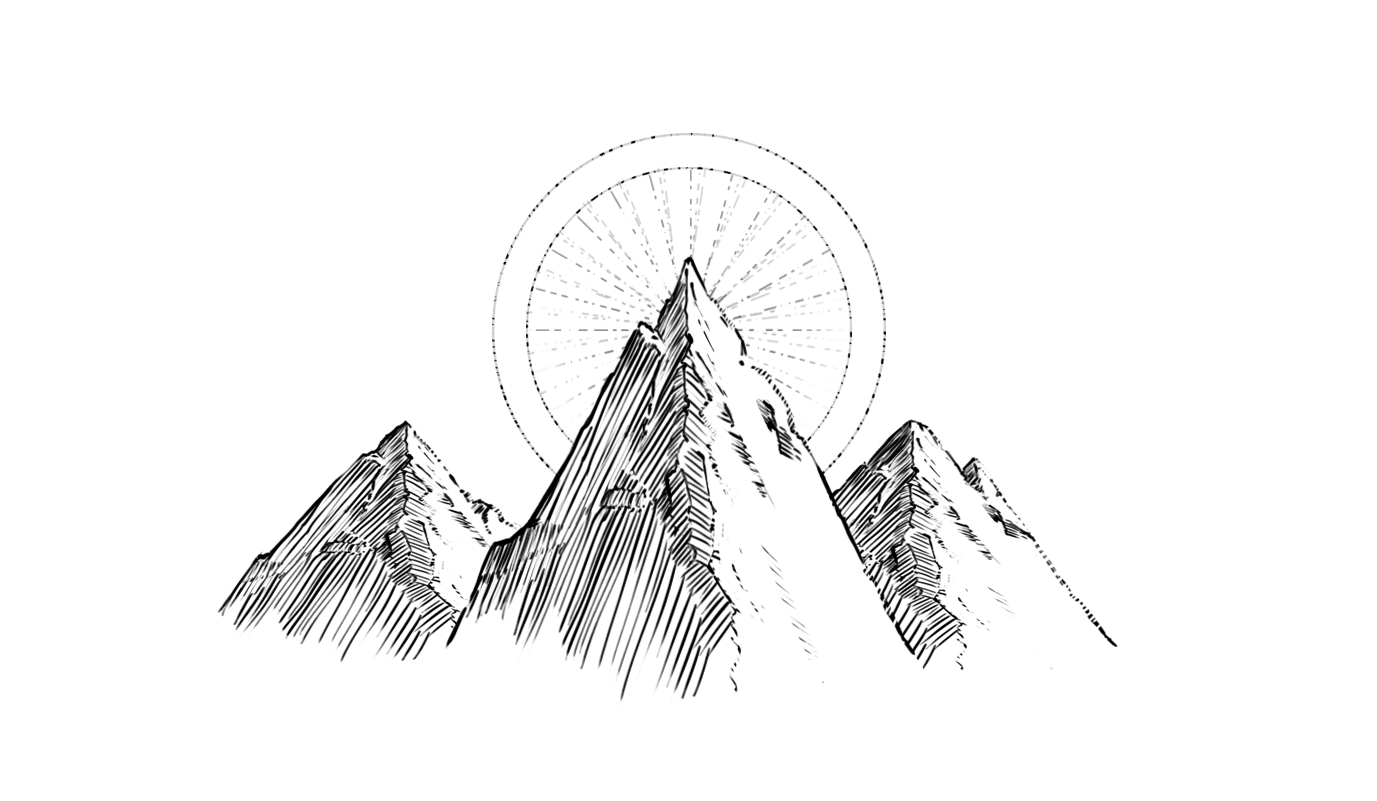World Fantasy
I wrapped up my World Fantasy experience at about 11PM last night and spent the two and a half hour drive home digesting my experience. It's going down slow, and I suspect I'll still be thinking about it in a week.
Things I learned from WF:
1. I am not good at talking to strangers.
The attendees were wonderful, friendly, and by all reports very approachable. Despite that, it took me two full days to work up to talking to just a handful of people. The conversations I did have were short and rather blah from my end. I don't think I made a bad impression, but I didn't make a terribly memorable one either. I did get some face time and I did receive a couple of invitations to send in my work.
2. Publishing is changing.
This was alluded to in just about every panel I went to. E-books, the internet, greater clamor for visual, interactive media above the written word. All of these things are killing the paperback. I have the feeling that much of the old guard is unwilling or unable to keep up with these changes. The younger publishers are far more receptive to change yet I feel like they too are nervous about how this will affect their future. Rightfully so.
3. Fantasy is still viable.
This stuff still sells. The genre is evolving. Sword and sorcery and epic/high fantasy are in many ways melding together. I've heard this referred to (and called it myself) heroic fantasy. Steven Erikson and Joe Abercrombie are examples of this.
4. I'm really young.
I don't know what the average age was at WF, but I was far, far below it. I may be an old man with my arthritis and curmudgetude but biologically I'm only 24. I talked to countless men and women in their 40s and 50s there with their writing groups or hanging around trying to pitch books. Which brings me to the next thing:
5. I am not unique.
This was very daunting, and I think it added to my inability to approach people. There were hundreds of wanna-be authors there, each one with their own stories and ideas, many with a finished book--or several. They buzzed around the editors and agents like moths around a flame. How am I supposed to stand out in that crowd? Kathy Hague, an editor at Tor, came up to me at the Tor party and introduced herself. It was very kind of her. She probably felt sorry for me standing there by myself.
I saw this post from Jennifer Jackson recently. It's her log of queries responded to, compared to partials/manuscripts she's requested in the last month. That's 838 queries. She asked to see 4 partials. That's 1 in every 210. And it's not as if she's offering to represent that one. She's simply asking to see more of the book. Every agent will have different numbers here. But still. Talk about daunting.
For a moment, let's use these numbers as a guide. Now, I've read slush piles. They are full--and I mean FULL--of unreadable garbage. I'm a snob, and I'm overconfident, so I'll say that my stuff, even my query letter, is easily better than 90% of what an agent will see in their inbox. If that is indeed the case, I'm still competing with 83 other halfway decent queries each month. Only one in twenty of those will be asked for partials.
A few other thoughts from WF:
I need to get in touch with the industry. I spent the last two hours finding agent and editor blogs and subscribing to them, and rearranging my Google feed so that I'll see blog updates every day. I need to know what these people are thinking and doing and buying and writing.
I need to read more. I've had this self-imposed rule for about 2 years now that I don't read when I'm working on a big project. It tends to ruin my goals and take over my life and then I find cool concepts and ideas that I want to assimilate in my own books even though I'm already half way done and dear lord not another partial edit. I have to get over that. I should be reading a book a week, at least.
Finally, There are so many cool ideas out there. So many interesting stories and powerful reads. Some people write because they have a deep-set muse that makes them want to create at odd hours of the night. I write because I want to support my family with it someday. That's been my pragmatic approach to things all along, but I realized something this weekend: I write because I want to be part of of this collective consciousness of creativity. I don't want to be just a reader--I want to be a colleague. I want to be a professional in this field.
